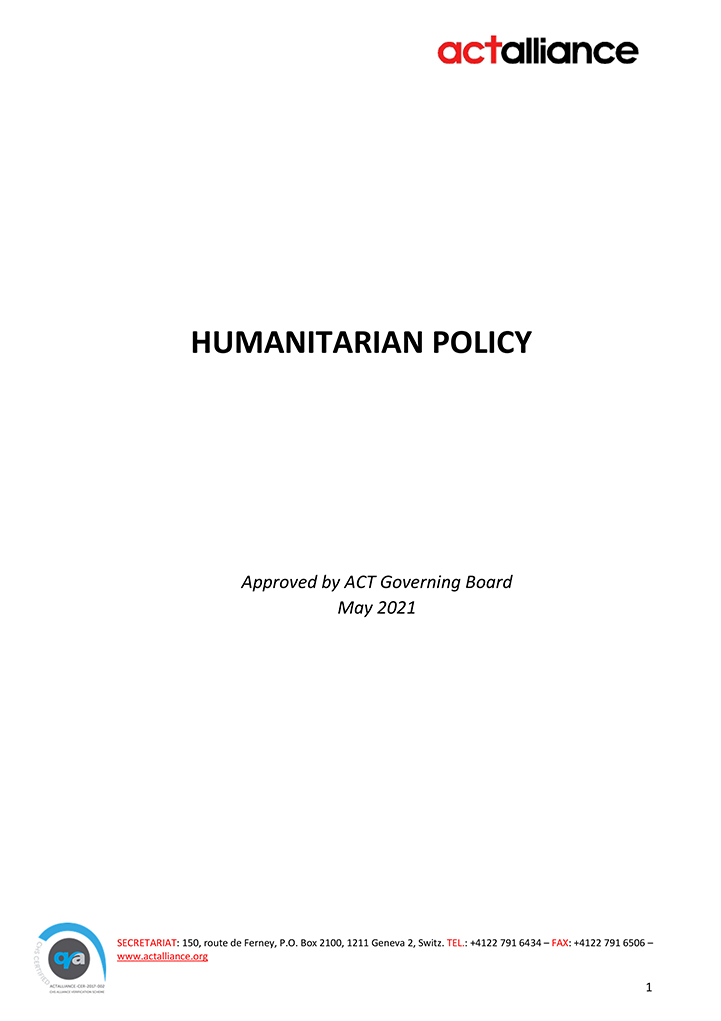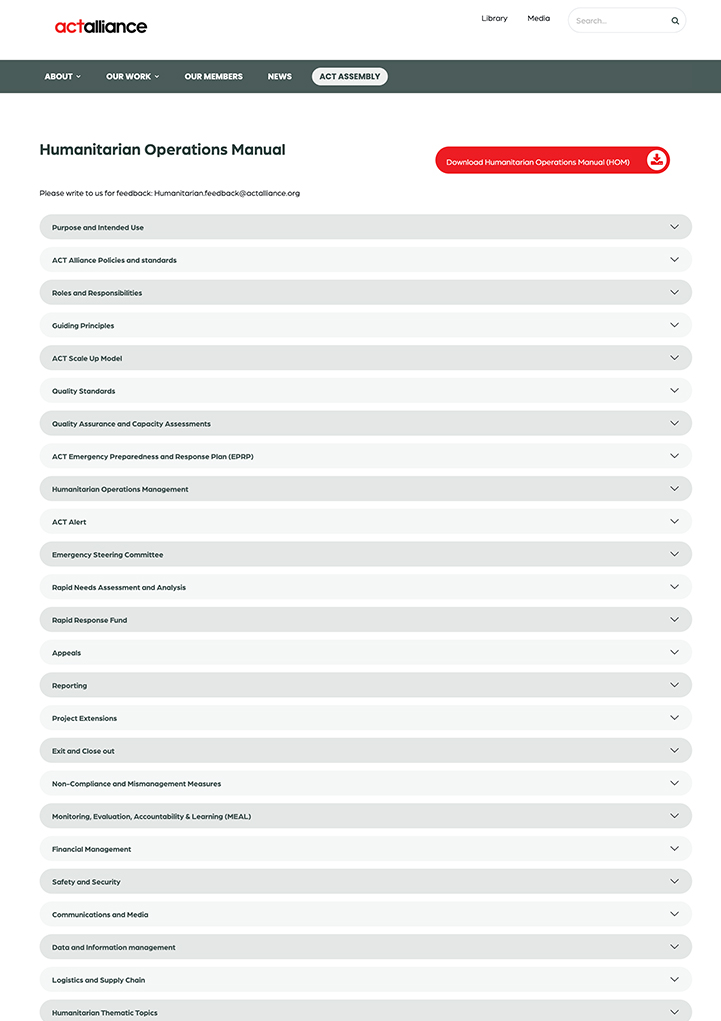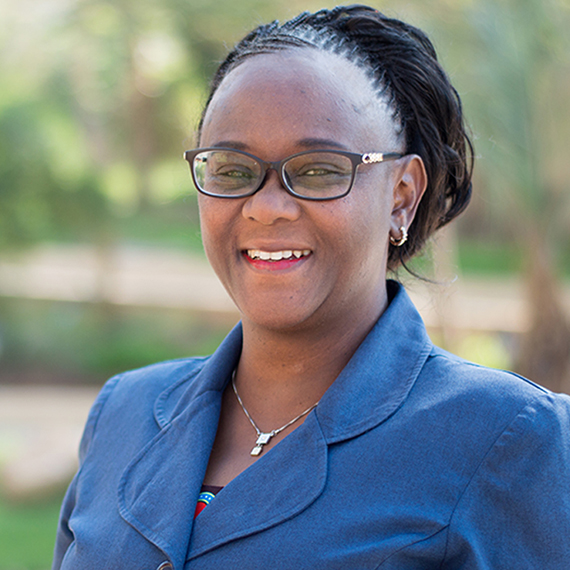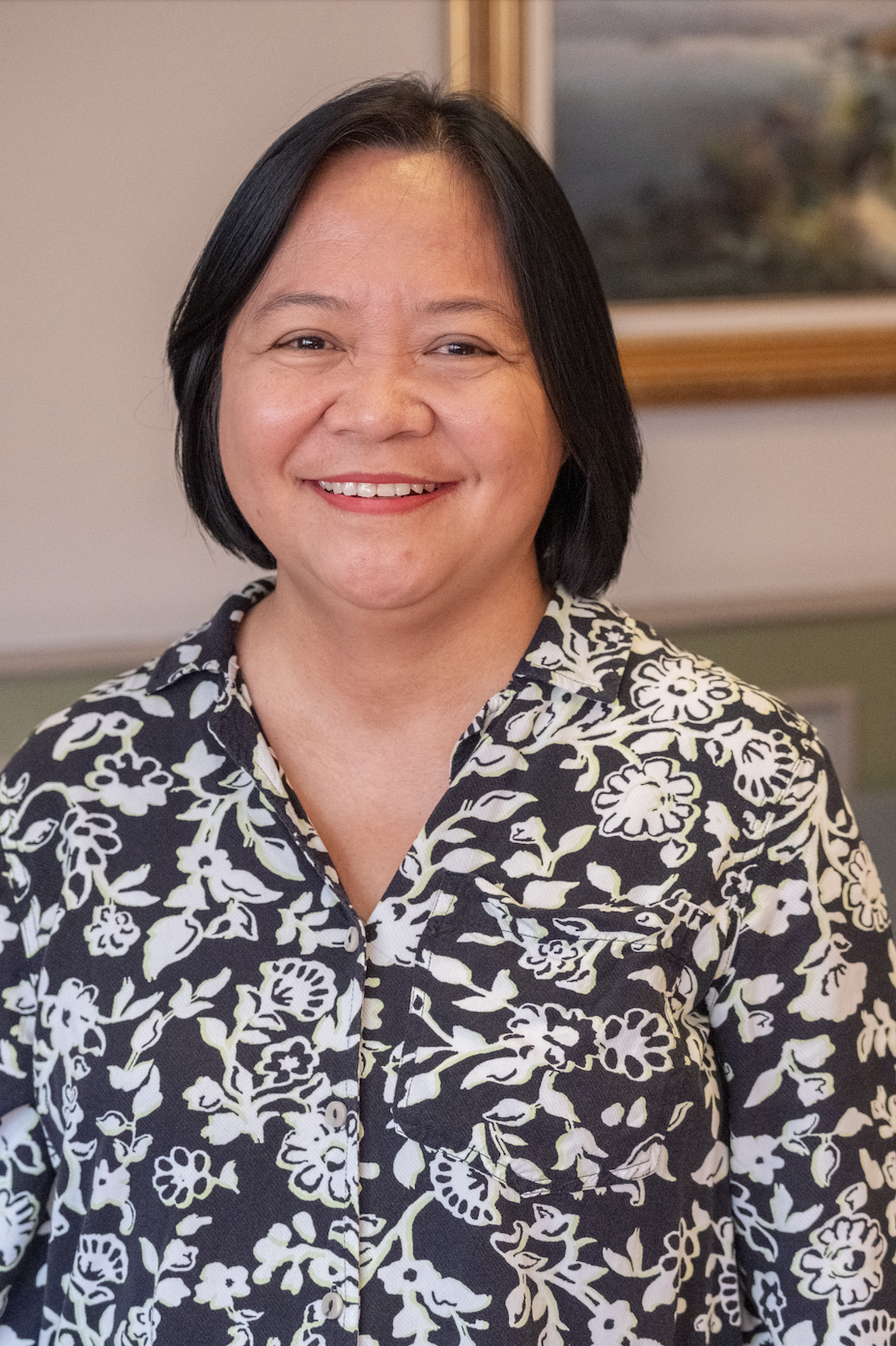After nearly 12 years of conflict, and an earthquake of 7.8 magnitude that hit its foundation, Syria remains a complex humanitarian and protection emergency characterized by ongoing hostilities and their long-term consequences, including widespread destruction of civilian infrastructure, economic collapse, explosive ordnance contamination, Covid 19, and one of the largest number of internally displaced people in the world.An earthquake with a magnitude of 7.8, with at least 1,200 aftershocks have been reported, followed by a second earthquake of 7.5 magnitude, at a depth of 17.925 km (11.14 miles) has occurred at Central Turkey near the city of Gaziantep, as reported by the National Earthquake Information Center (NEIC) of the USGS on February 06, 2023, 01:41:15 UTC.Analysis indicates that this is a very strong earthquake. Widespread building collapse has been reported in southeast Turkey and northern Syria. The earthquake was also felt across Lebanon, Cyprus and the region while it is expected that aftershocks which may be at the same intensity as the initial earthquake will be felt for weeks.There have been more than 23,000 deaths reported as at the 11th of February between Turkey and Syria, with 14,014 in Turkey and 4,377 in Syria, and almost 7,700 people injured in Syria. With thousands of collapsed buildings, (around 1,765 totally destroyed and 5,571 partially destroyed , in addition to 115 schools were destroyed in Aleppo, Hama, and Lattakia cities ). Many people remain trapped under the debris of collapsed buildings, rescue and search are fearing its too late finding anyone alive under the rubble. Flooding has been reported in displacement camps due to inclement winter weather.The Syrian population was already deeply affected by the ongoing war and the economic collapse of the country and now, many people must deal with being displaced, losing their livelihood, and fighting the harsh winter conditions.ACT Syria Forum members CA, GOPA-DERD, HEKS/EPER, LWF and MECC will respond to the protracted crisis and the earthquake with an appeal to raise 11,166,997 USD over two years, to respond to the needs of the Affected Communities of Syria-Türkiye Earthquake and to improve the resilience of the crisis-affected populations in Syria. (Total income as of 13/2/2023: 356,305 USD and the Balance requested: 10,810,692 USD).SYR231 - Protracted Crisis-Earthquake ResponseResults-Framework SYR231- Revision1











